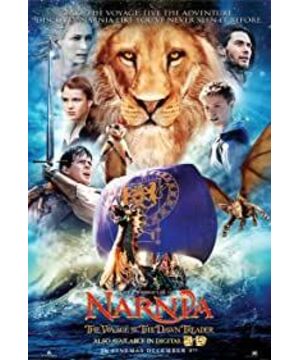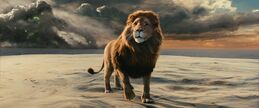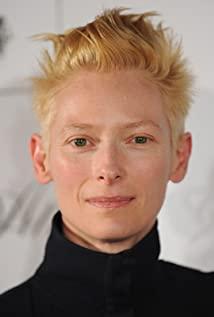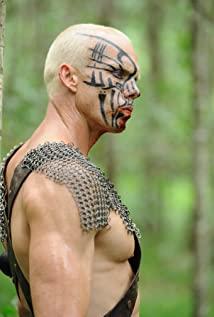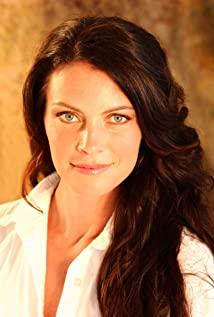"The Chronicles of Narnia 3" (the first time I saw 3D), the overall effect is good, the fighting scene is not particularly intense, but the content contains deep meaning. This time, ED and Lucy came to Narnia. For the first time, there was no Peter and Susan (I like Susan very much...hehe), and they also brought a "little boy". Each character here has a different training, let me tell you one by one:
>>> Aslan: A lion with divine power, which often appears at the end, seems to indicate that people can only see and be able to see after suffering. rescued. However, Aslan is ubiquitous and wise. In the end, choosing whether to enter his territory, he did not stop anyone and gave them the right to choose.
>>>ED: This time, the King of Narnia has become Prince Caspian. He needs to learn how to work together to overcome difficulties.
>>>Lucy: It was still the first to see Aslan. The author chose a little girl to highlight the importance of innocence. Facing the beauty and the shadow of Susan, Lucy was almost confused by the demon fog. Slan's appearance restored her will.
>>>ED and Lucy: At the end of the film, these two young leaders overcame difficulties and were reluctant to face Narnia. Aslan told them that they could come back at any time, because they would still need to hone.
>>>Little Broken Child:
At first he didn't believe in the existence of Narnia. After entering Narnia, he was out of place. He was timid and often bullied by Mr. Mouse. When faced with the temptation of wealth, he was cursed to turn into a fire-breathing man. Dragon. When depressed, everyone did not give up on him. Inspired by Mr. Mouse, he used his own strength to get off the boat and fight against the water monster. This just shows that a seemingly fragile person can be ignited, and if he is given some external strength and some incentives, he can become a brave warrior.
But in the end, the external victory does not represent himself. The little boy wants to return to himself. In the face of struggle and pain, Aslan appears to help him get rid of the dragon. The adventure of the little boy is not over yet, he needs to rely on his own strength to put the seventh sword on the dining table. This means that after seeing yourself, you still need to accept and face difficult challenges alone.
At the end of the film, the little boy gets everyone's appreciation. Aslan told him he would be back for exercise.
>>>Prince Caspian:
This time Caspian, asked Aslan at the end if he could find his father in Aslan's domain, Aslan said yes, but it required a lot of risk, not sure Caspian can pass. It can be seen that the father (or the shadow of the past) has been deeply in Caspian's psyche. In the end, he gave up, and because he remembered the people of Narnia, he had not done his duty, so he returned.
>>>Mr. Mouse:
Mr. Mouse, who has been through many battles, has nothing to worry about anymore. After getting permission from Aslan, he happily set off on the boat (there was a big wave ahead). From a certain point of view, it means that Aslan's territory may only be entered by those who have experienced the test of reality, who have nothing to worry about, and who are brave (or calm).
In addition, there are many detailed metaphors in this film. If you are interested, it is recommended to read some Christian books first, and then you will gain more. After reading it, I really like the big lion and Mr. Mouse...
View more about The Chronicles of Narnia: The Voyage of the Dawn Treader reviews


